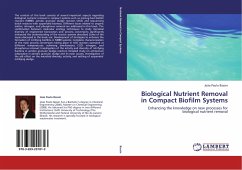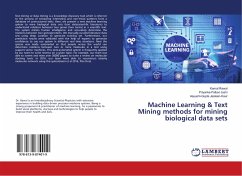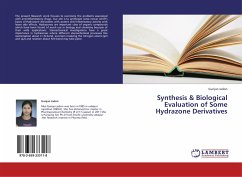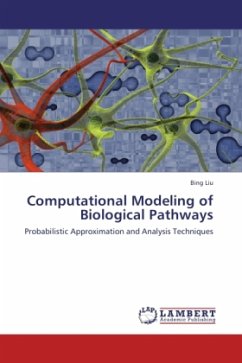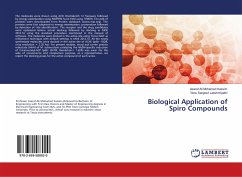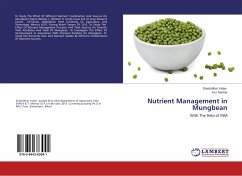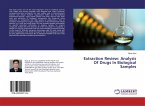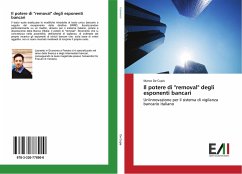The content of this book consists of several important aspects regarding biological nutrient removal in compact systems such as moving-bed biofilm reactors (MBBR), aerobic granular sludge reactors (AGS) and sequencing batch reactors with suspended biomass. Different issues related to organic matter, nitrogen, and phosphorus removal are addressed in this book. The combination between molecular ecology techniques to study microbial diversity of engineered bioreactors and process conversions significantly enhanced the understanding of the reactor systems described Some of the topics discussed in the book are: Development of strategies to enhance the formation of nitrifying biofilms in MBBR systems; Complete characterization of the main process conversions taking place in AGS reactors operated at different temperatures, achieving simultaneous COD, nitrogen, and phosphorus removal; Investigation of the activity and diversity of nitrifying bacteria in aerobic granular sludge reactors; Detailed study on ammonium adsorption in aerobic granular sludge and its main causes; Investigation of the salt effect on the microbial diversity, activity, and settling of suspended nitrifying sludge.
Bitte wählen Sie Ihr Anliegen aus.
Rechnungen
Retourenschein anfordern
Bestellstatus
Storno

